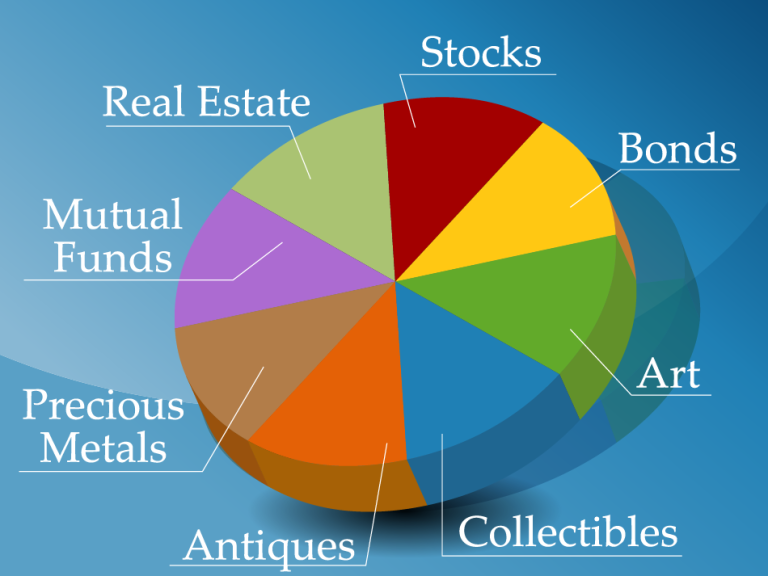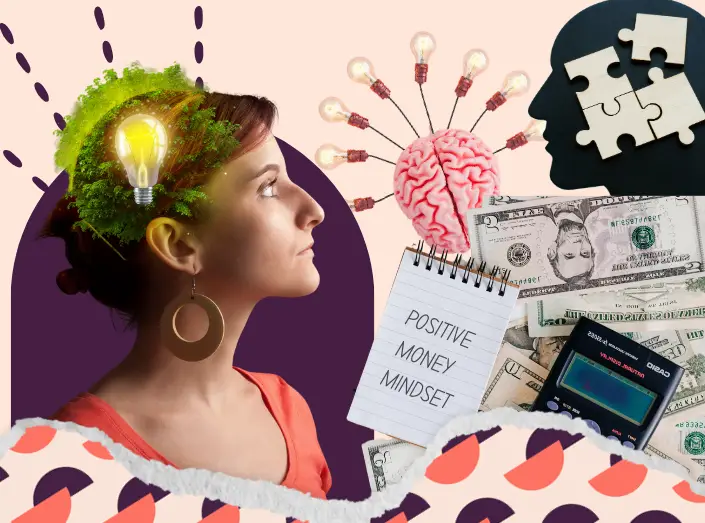
FOMO (Fear of Missing Out) stands out as a psychological trigger for spending by playing heavily on social comparison and urgency, but it’s just one of many psychological effects that influence spending behavior. Here’s how it compares to others:
- FOMO vs. Emotional Spending: FOMO is rooted in fear and anxiety about missing opportunities, while emotional spending is more about coping with feelings like stress, sadness, or even excitement. Both result in impulsive behavior, but the underlying emotions differ—one is fear-based, the other is often comfort-seeking.
- FOMO vs. Instant Gratification: Both involve a desire for immediate satisfaction, but FOMO is driven by external influences like sales or social trends, whereas instant gratification stems from an internal urge to fulfill a want or need without delay.
- FOMO vs. Social Proof: FOMO often overlaps with social proof (buying what others are buying to fit in), but social proof focuses on perceived validation from others’ choices. FOMO, on the other hand, emphasizes the regret of not joining in.
- FOMO vs. Anchoring Effect: The anchoring effect happens when individuals rely too heavily on the first piece of information they see (e.g., a “discounted” price tag that seems like a great deal). While FOMO pushes you to act quickly out of fear, anchoring works by skewing your perception of value.
- FOMO vs. Overvaluing Scarcity: FOMO thrives on the perception of scarcity, but overvaluing scarcity focuses solely on the idea that rarity equals higher value. The two are closely linked, but the former incorporates social and emotional dimensions.
- FOMO vs. Status Spending: FOMO can lead to status-related purchases, but status spending is primarily driven by the desire to showcase wealth or social position. FOMO tends to be more reactive, while status spending is often more deliberate.
- FOMO vs. Lack of Financial Awareness: FOMO is an emotional trigger, whereas financial unawareness stems from not tracking spending or planning budgets. FOMO might cause a single unnecessary purchase, but financial unawareness could lead to a pattern of overspending.
Each psychological effect has its nuances, but they often interact and amplify one another. For example, FOMO might drive you to make a purchase that also fulfills an emotional or social need.



